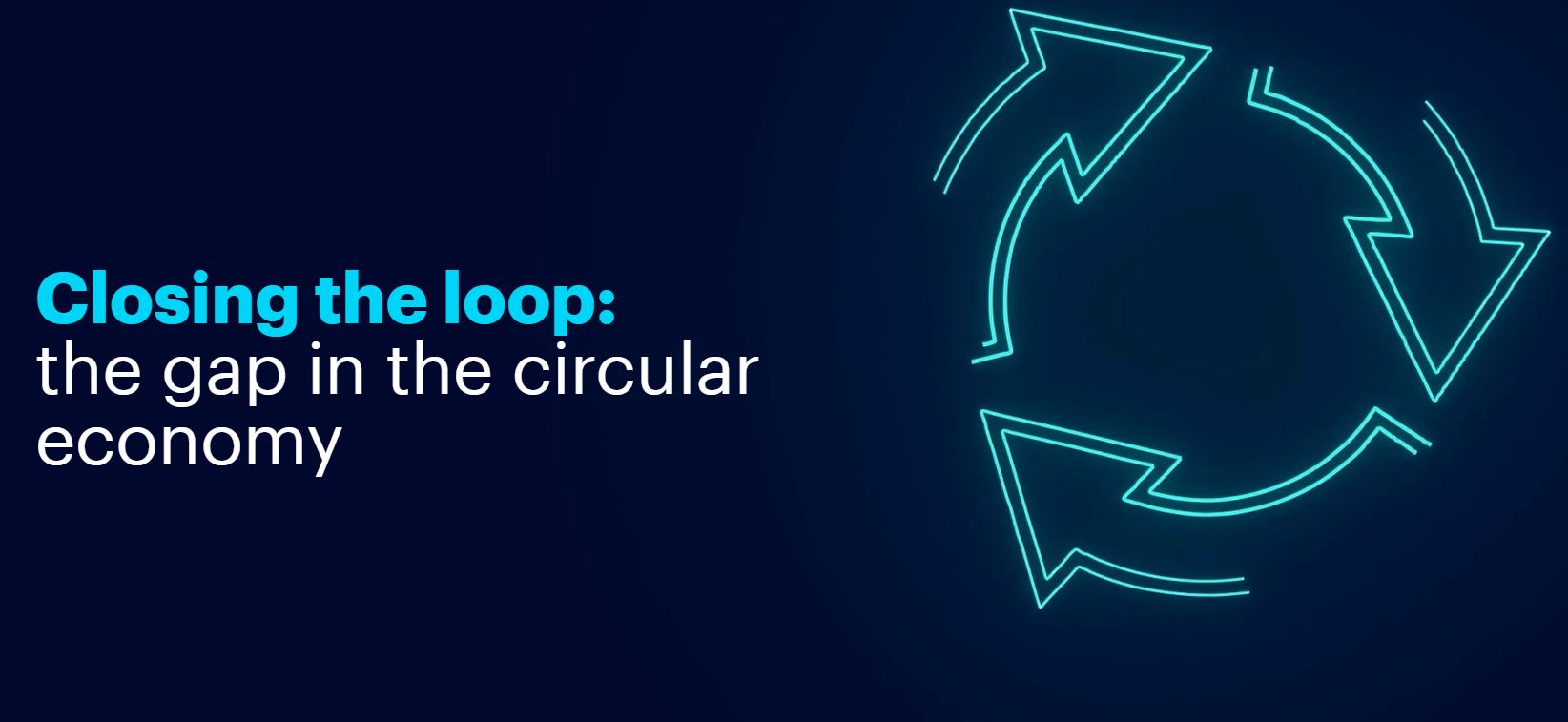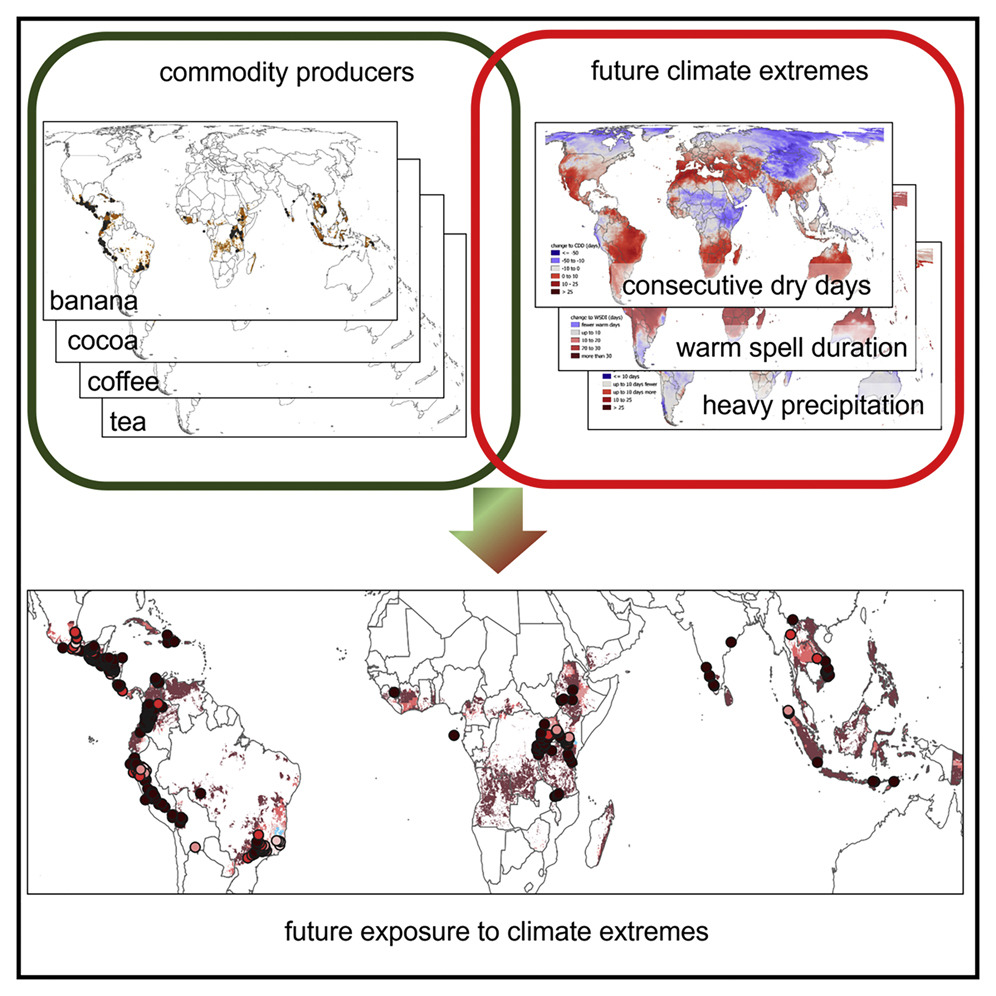The United Nations' Sustainable Development Goals (SDGs) and the management of supply chains are closely interwoven. To achieve the 17 SDGs, we must examine every aspect of society and business, including how goods are produced, transported, and consumed. In this context, supply chain operations have a significant role to play in both contributing to and solving many of the challenges encapsulated within the SDGs.
The supply chain directly affects SDG 8, Decent Work and Economic Growth, and SDG 12, Responsible Consumption and Production. The way supply chains are managed can significantly influence the quality of jobs, especially in developing nations where many production activities are outsourced. Employers should ensure decent working conditions, fair wages, and the prohibition of child or forced labor. On the production front, organizations should commit to resource-efficient and cleaner production methods, minimizing environmental impact, reducing waste, and ensuring sustainable sourcing practices.
Supply chains also play a key role in tackling climate change (SDG 13). Transitioning towards low-carbon supply chains, improving energy efficiency, and investing in renewable energy technologies can significantly reduce greenhouse gas emissions.
Moreover, supply chains can impact SDG 2, Zero Hunger, and SDG 3, Good Health and Well-being, depending on their operation in the food and pharmaceutical sectors. Ensuring the safe, efficient, and equitable distribution of food and medical products can help eradicate hunger and ensure health and well-being.
From a gender equality perspective (SDG 5), businesses can strive for equal representation in all parts of their supply chain, ensuring women have the same employment opportunities as men. Meanwhile, SDG 16, Peace, Justice, and Strong Institutions, also finds a place in supply chain operations. Here, businesses must act against corruption, bribery, and other unethical practices, promoting transparency and accountability in all their transactions.
In essence, sustainable and responsible supply chain management is an effective approach for businesses to contribute substantially to the SDGs. By aligning their strategies with these goals, businesses can bring about positive change, enhance their brand reputation, and gain a competitive edge, all while contributing to a more sustainable and equitable world.
With the rapid development of China's economy, it has become crucial to achieve the right balance between economic development and environmental protection. Green growth is a significant approach to addressing the relationship between economic development and the environment. Low-carbon development and ecological protection are two essential aspects of green development, and they tremendously impact enterprises' resource-based supply chain. Hence, this paper seeks to explore the revenue distribution mechanism of the resource-based supply chain in the context of green development.


